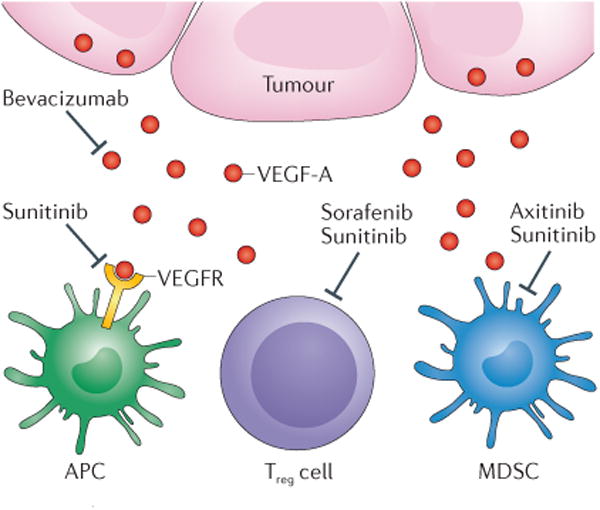Figure 3. Immunomodulatory effects of targeted therapies for renal cell carcinoma.

Tumour cells can secrete vascular endothelial growth factor-A (VEGF-A), which, when it binds to the VEGF receptor (VEGFR), can signal to halt antigen–presenting-cell (APC) maturation. Both bevacizumab — a monoclonal antibody against VEGF-A — and sunitinib — a small-molecule tyrosine kinase inhibitor — can block signalling through this pathway and, therefore, promote maturation of APCs. Both regulatory T (Treg) cells and myeloid-derived suppressor cells (MDSCs) inhibit immune activation. VEGF-blockade with sunitinib or sorafenib can inhibit Treg cell function and treatment with sunitinib or axitinib has been found to inhibit function of MDSCs in preclinical and clinical models.
